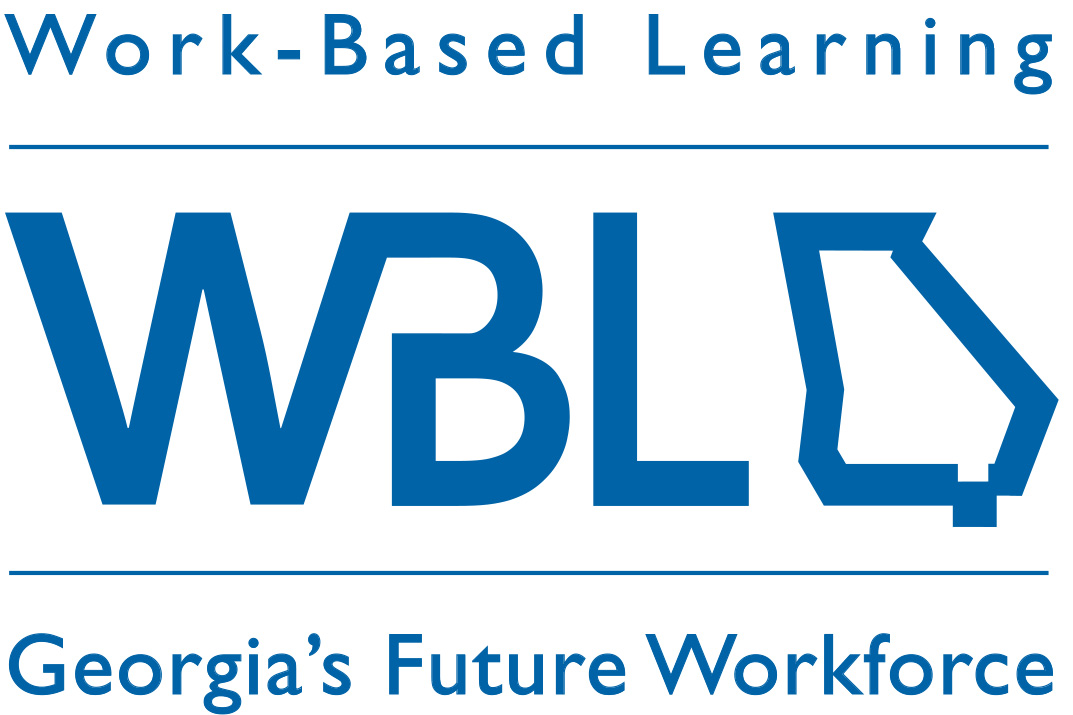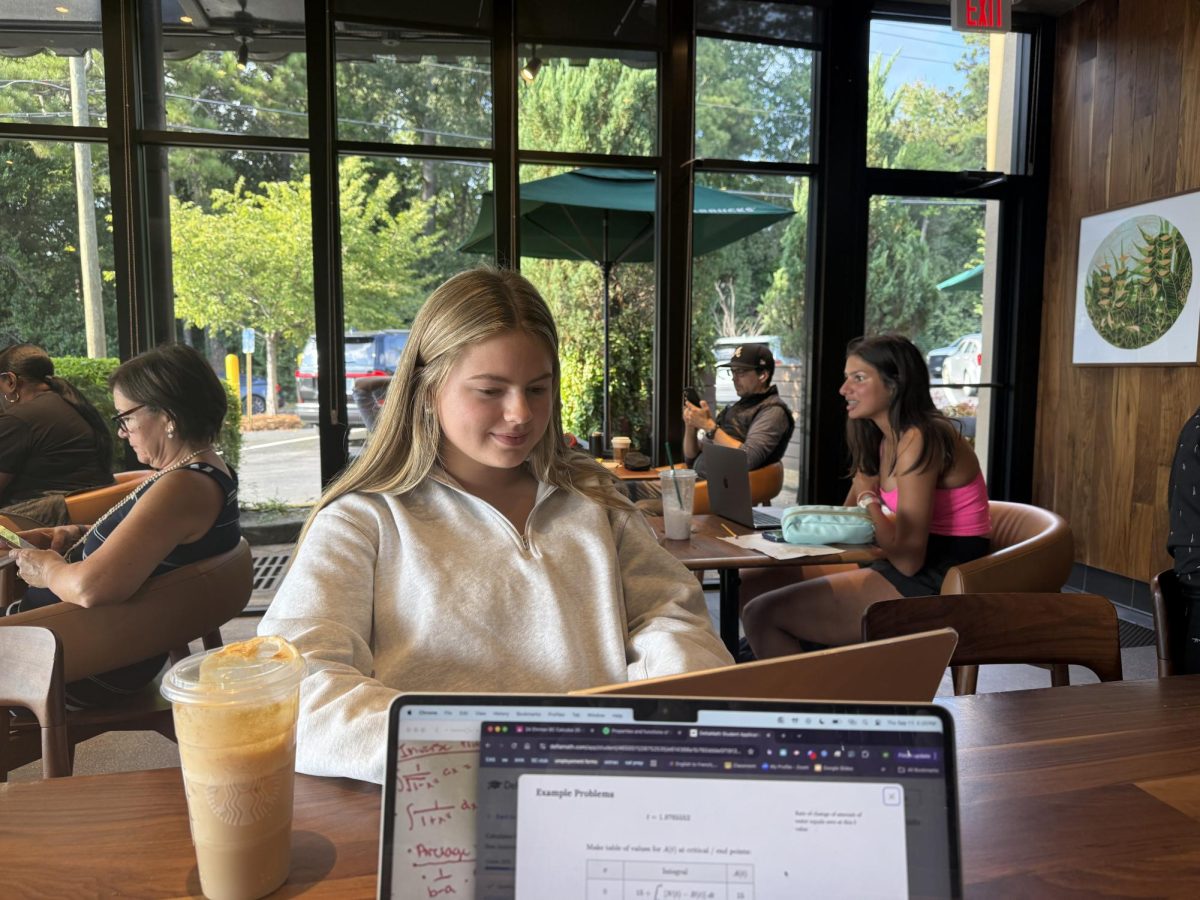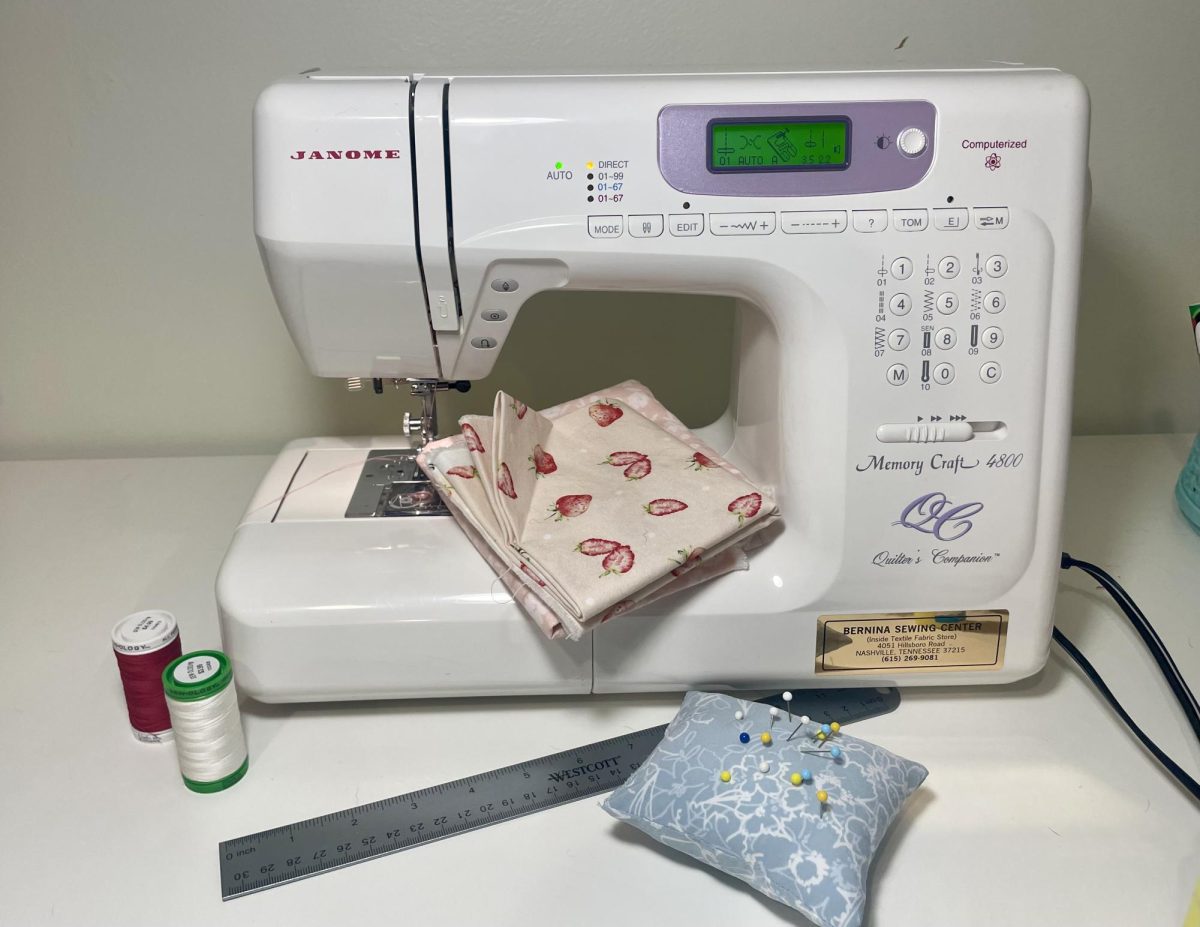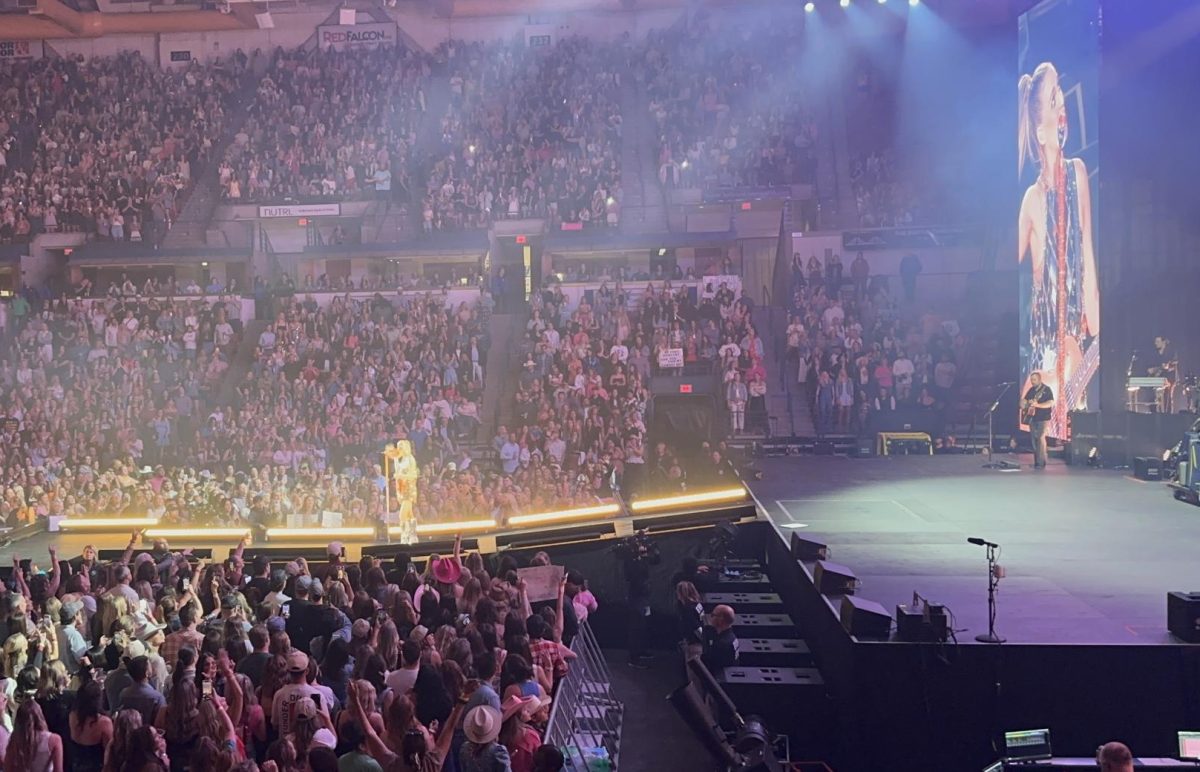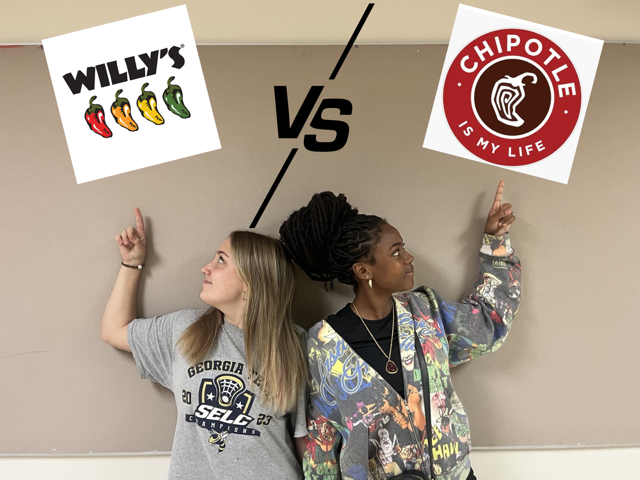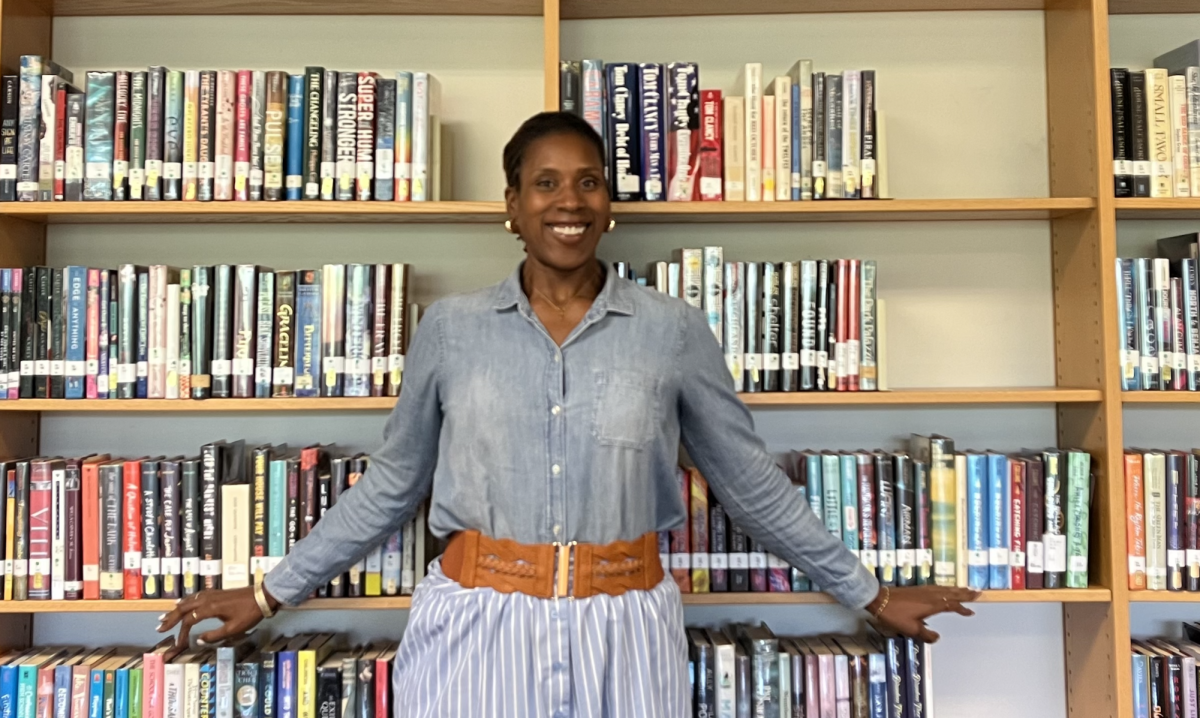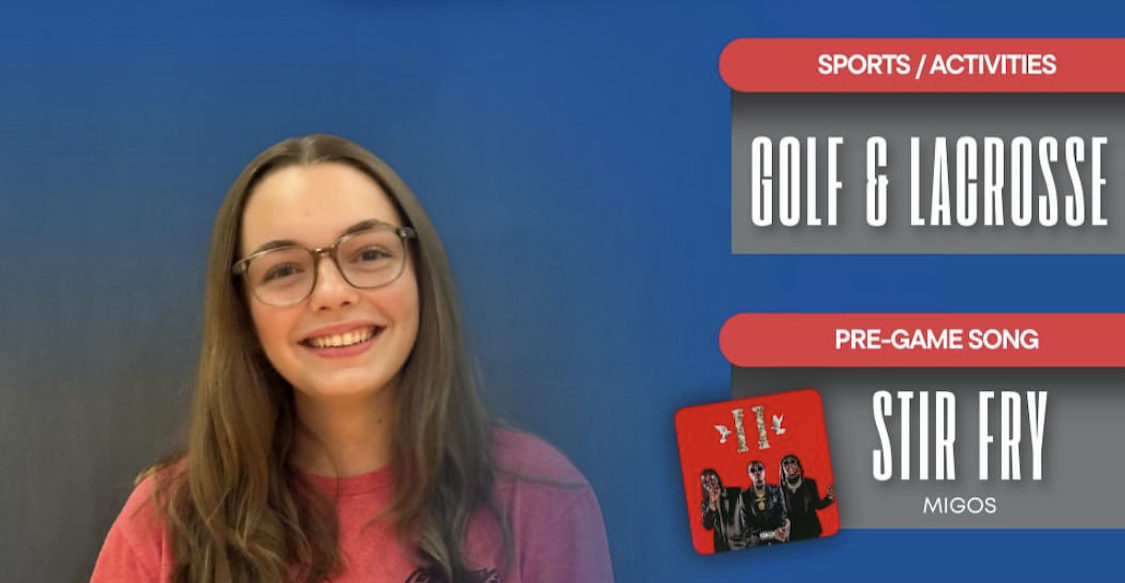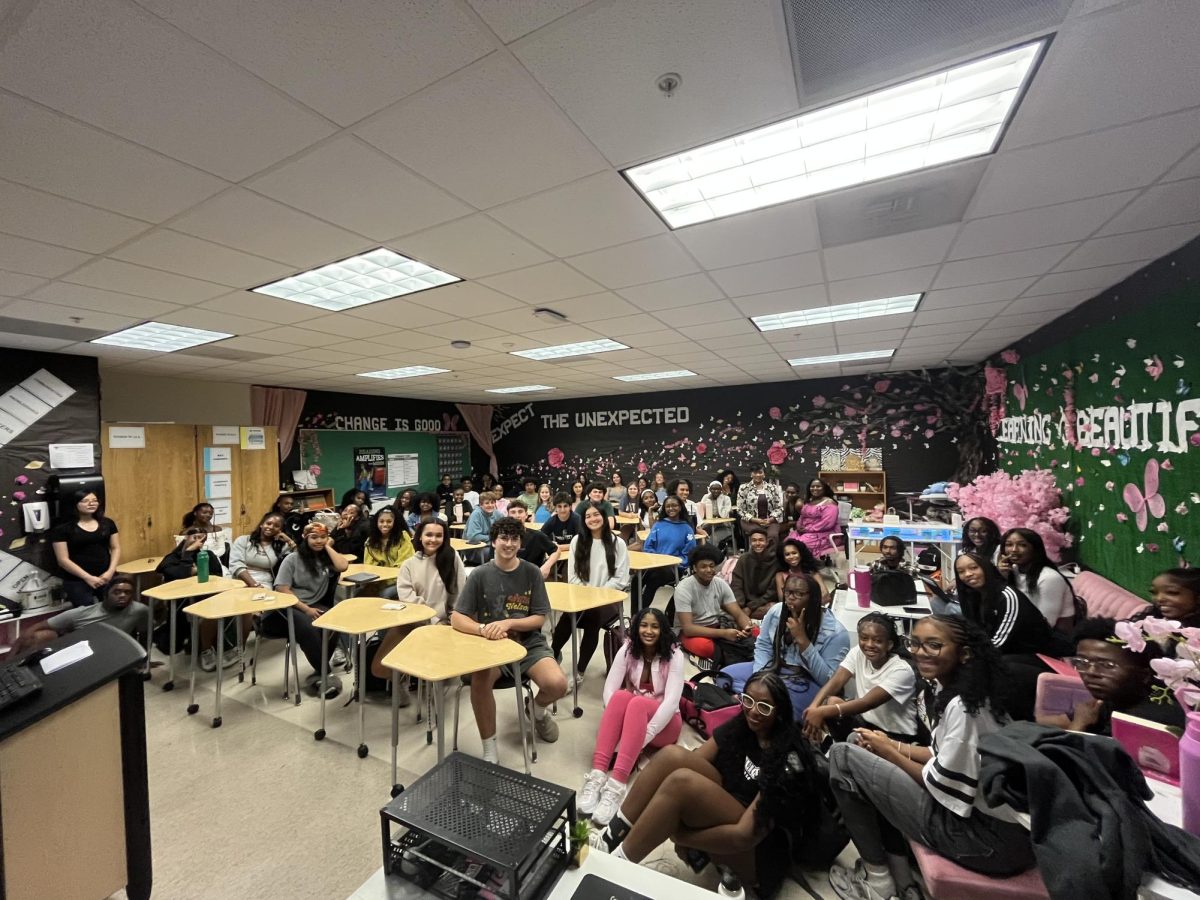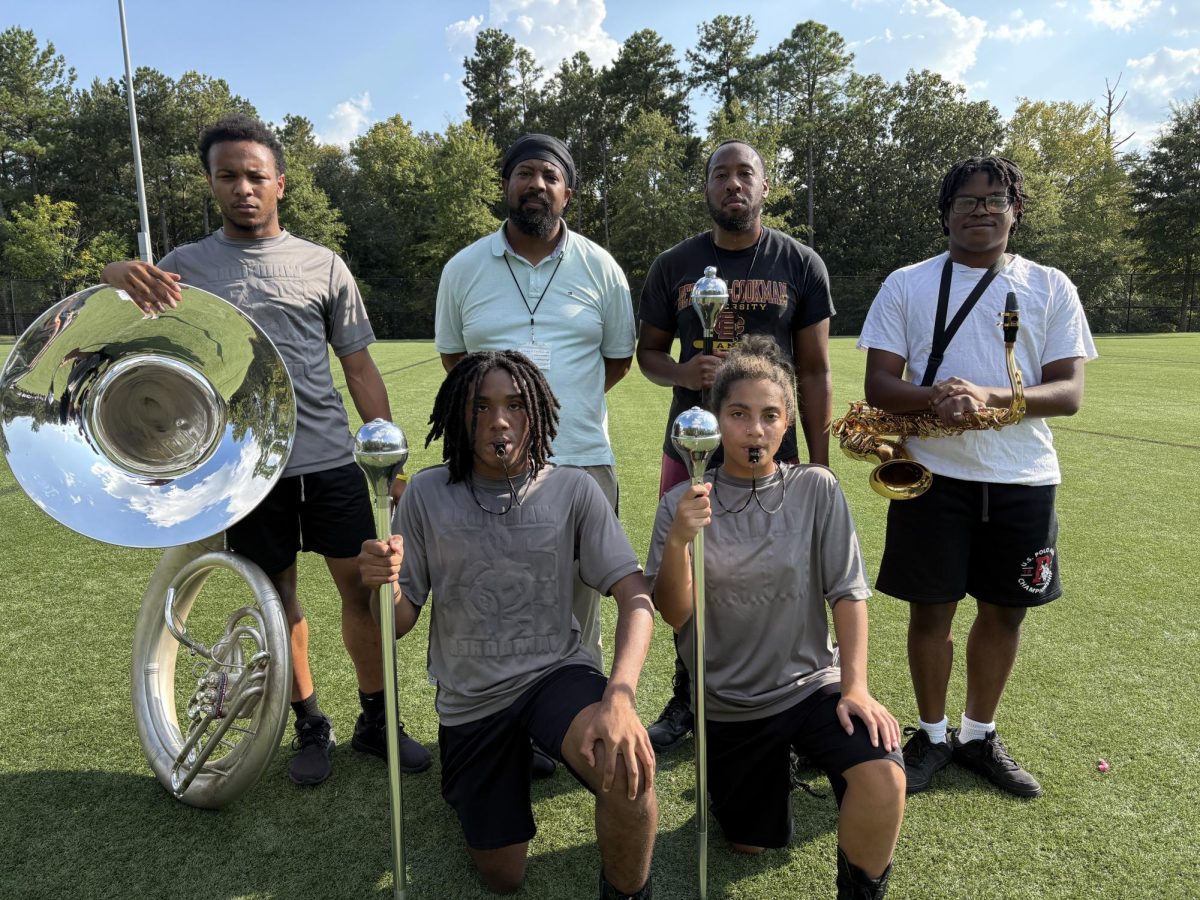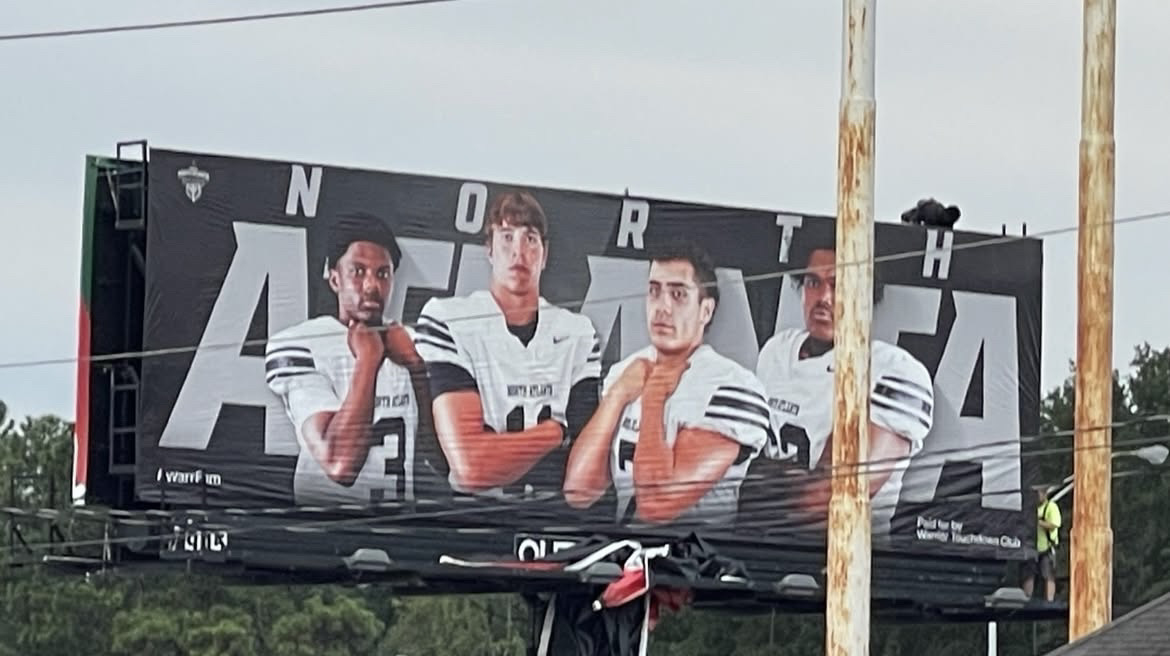In a world where classroom walls are no longer limits and textbooks come to life beyond their pages, imagine a learning experience that transcends the ordinary. Picture students not just studying theories, but actively crafting their futures while still in school. Welcome to the realm of boundless education, where Work-based Learning (WBL) isn’t just a program, but a portal to possibilities.
Work-based learning (WBL) is an exclusive Georgia Department of Education learning program that combines academic experience with offsite employment skills in a desired category. The program aims to increase a student’s postsecondary education employability rate. Activities within the program range from finance and JROTC to agricultural studies. Some students can even begin their preparation for the workforce in middle school.
The idea that college is losing relevance has risen, but high schools nationwide have yet to conceptualize it. Realistically, most rigorous programs, such as the International Baccalaureate and Advanced Placement pathways, offer less inclusive course setups. While North Atlanta is a school that embraces students who plan to join the workforce, many schools nationwide haven’t made that shift.
One candidate in particular, senior Sam Tuck, shares this belief. Though he plans to apply to college this winter, Tuck, who joined the pathway last year, appreciates the opportunities it has offered him in film. When asked about the acceptance of entering the workforce at North Atlanta, Tuck praises the supportive North Atlanta culture, “My biggest supporter has been my pathway instructor Mr. Alfred, who has granted me the proper resources to achieve my goals without pressuring me to apply to college,” Tuck said.
WBL experiences are set up to give students the exact prerequisites a job would require in that it produces “job-ready” candidates who already have ideal skills sought by employers. This type of job specialization benefits employees–who are given jobs they can complete–and employers who readily cut out the risk of taking a coin toss on whether or not a candidate can complete assigned tasks. During WBL, Sam works in film production and plans to briefly take a gap year after high school to gain interpersonal work experience. “With film being such a strong part of my life, I’m so excited to be able to focus solely on that field during school,” Tuck said.
Like Tuck, many students recognize the value of work-based learning programs in preparing them for the workforce and increasing their employability. The combination of academic learning and practical work experience helps students develop skills applicable to their desired fields, making them more attractive to employers. In offering specialized training and experience, WBL programs bridge the gap between traditional education and market needs, eliminating barriers to employment for those with a non-traditional background.


